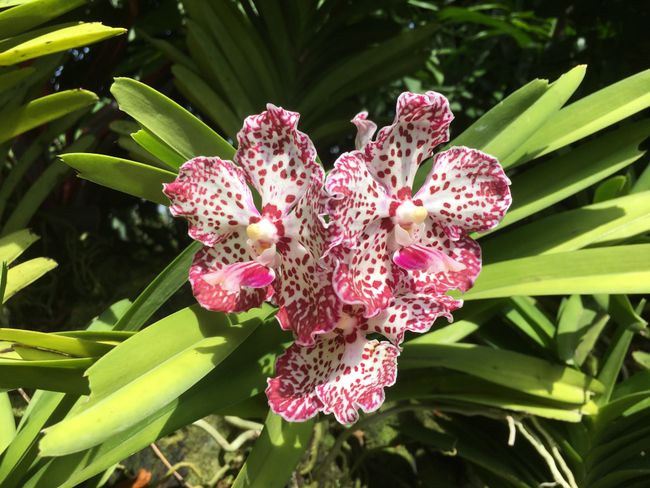
einmal-um-die-welt-2018
vakantio.de/einmal-um-die-welt-2018
Upolu (Samoa)
A bɔra kɛnɛ kan: 03.02.2018
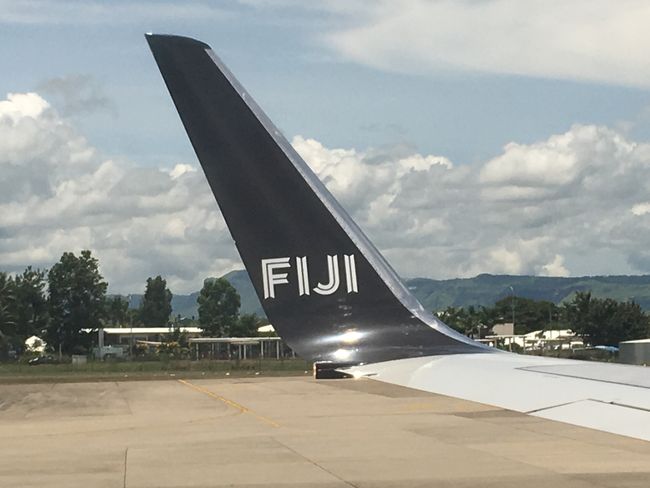
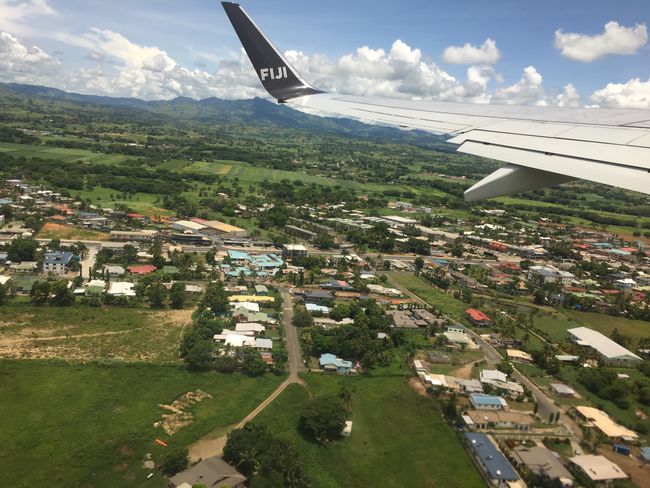
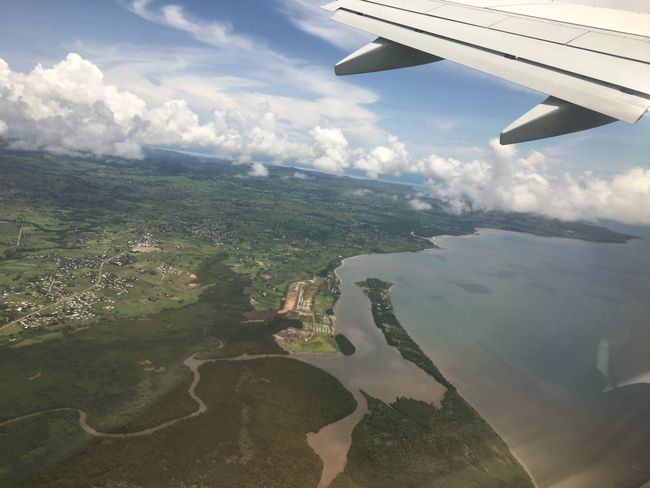
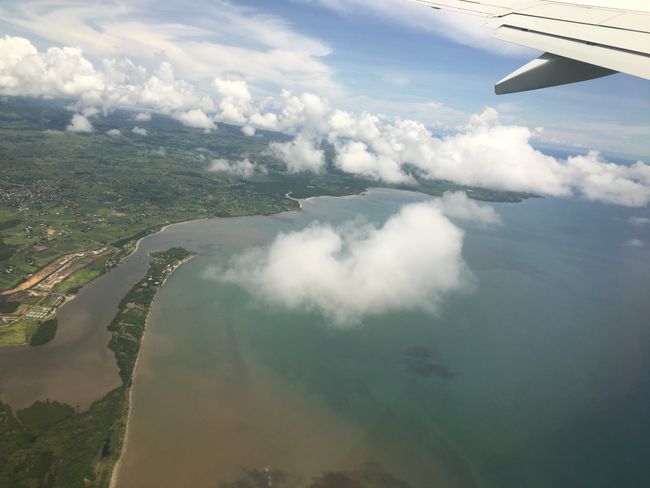
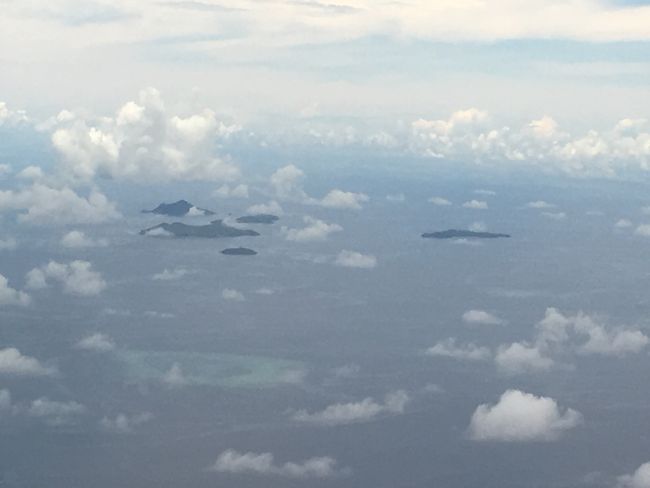
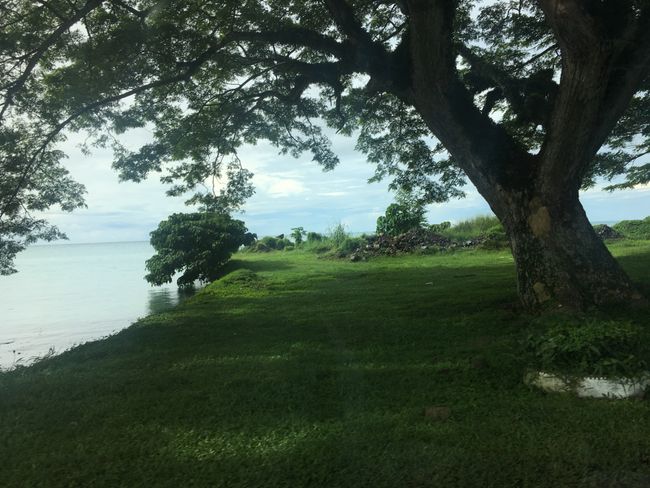
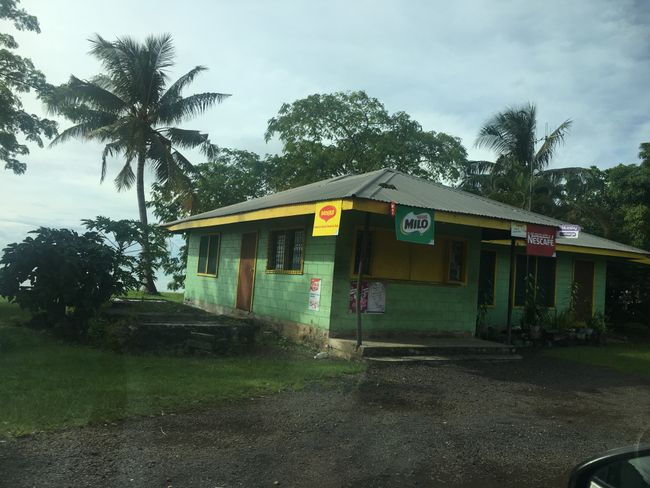
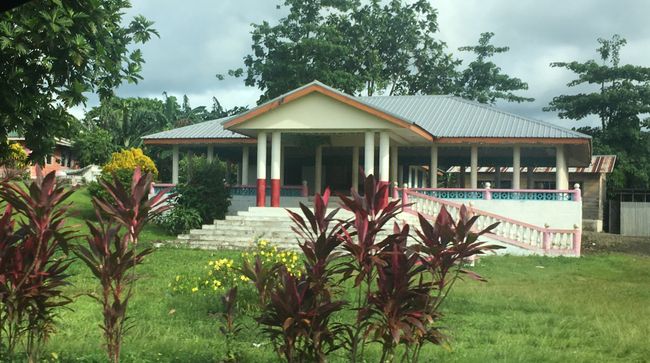
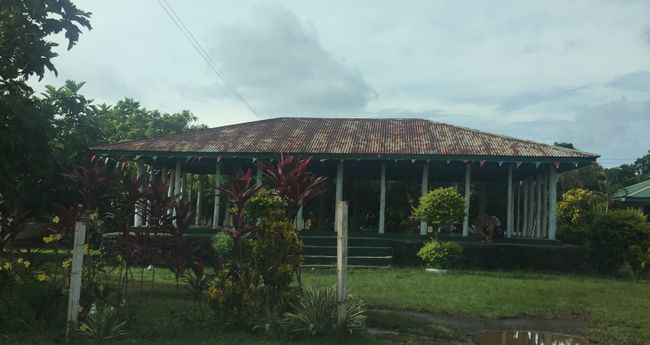
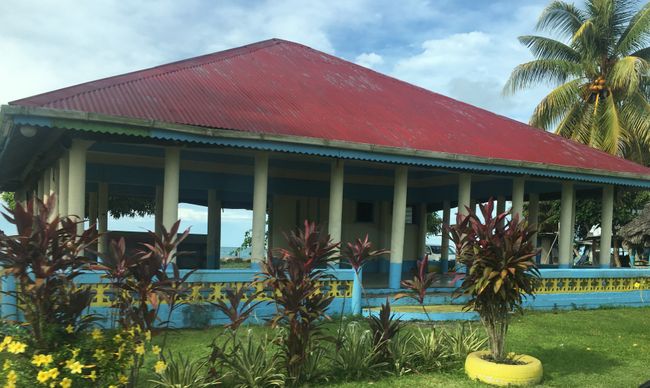
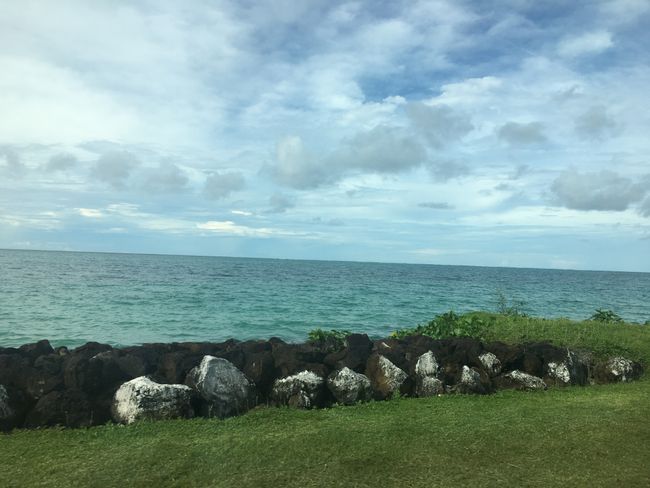
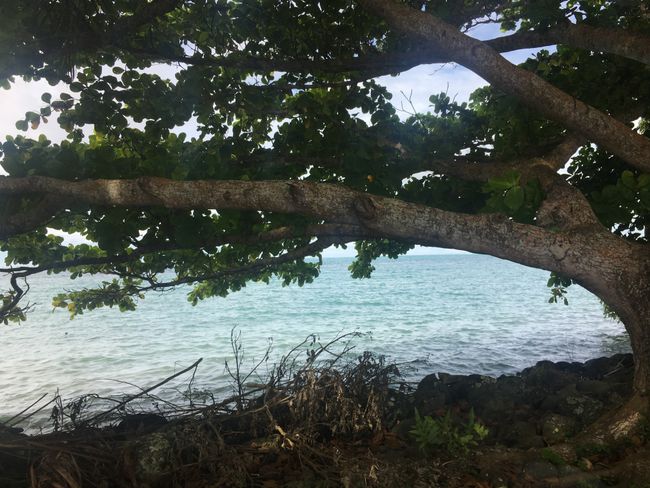
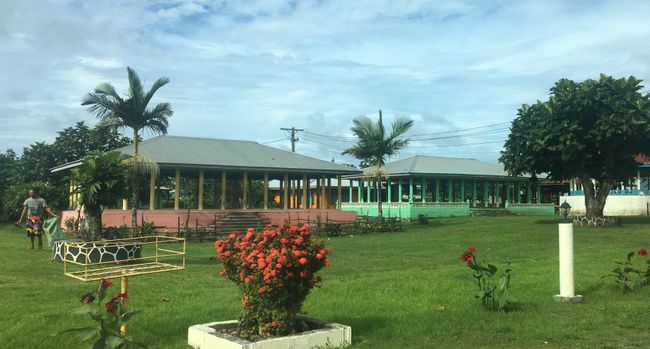
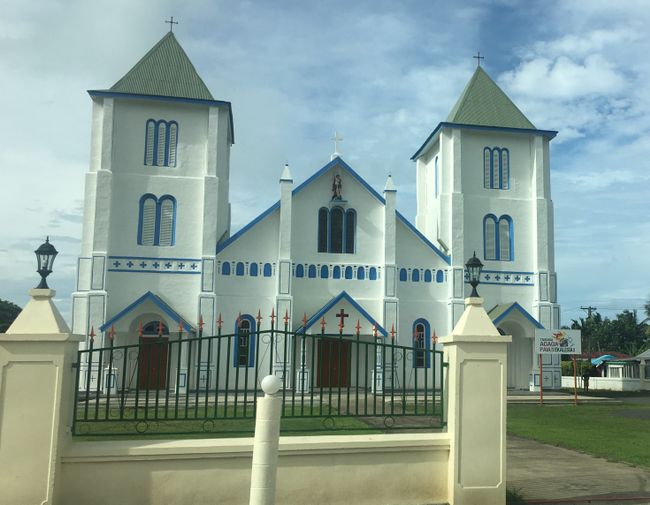
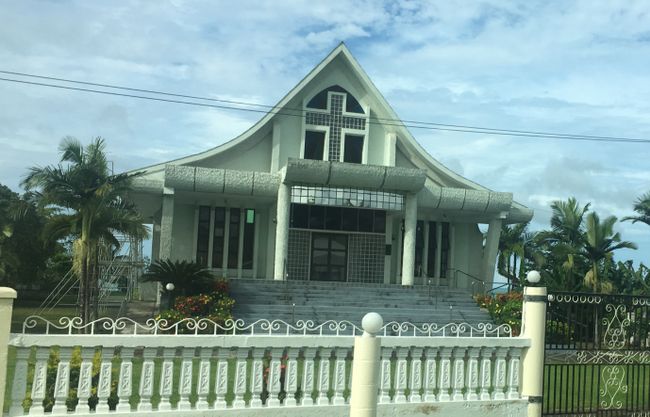
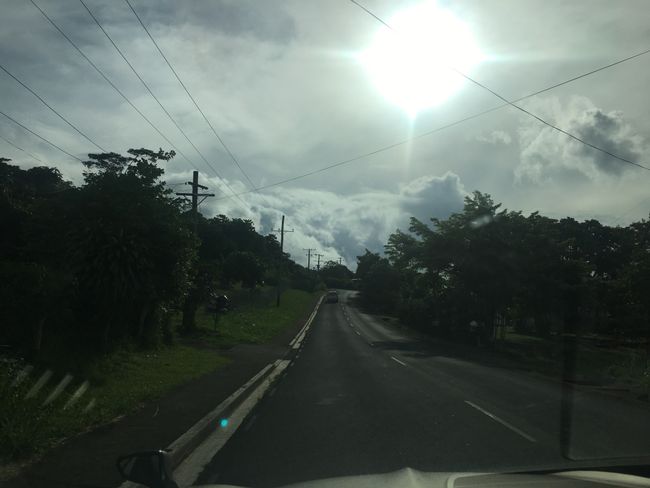
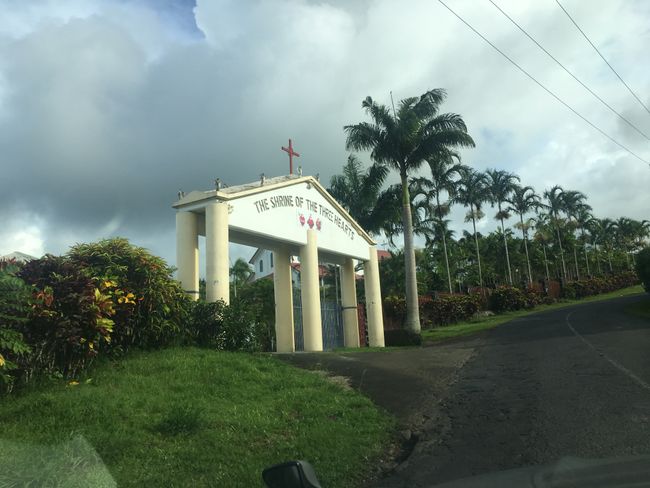
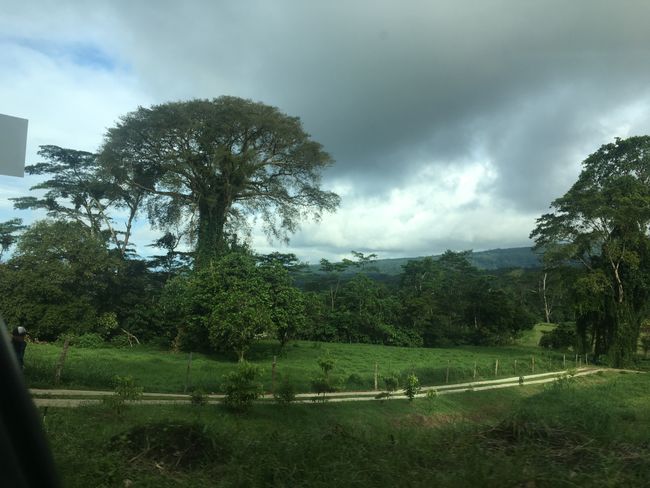
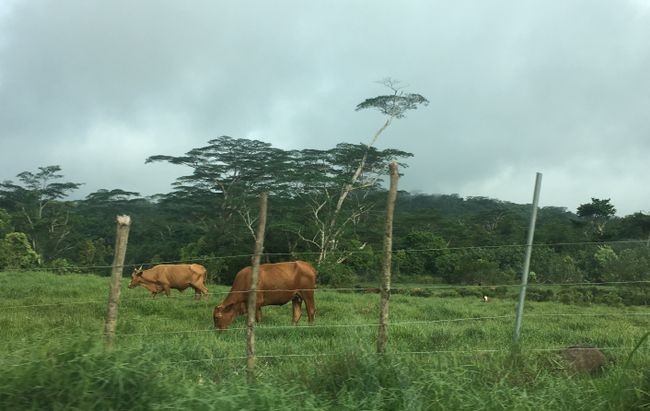
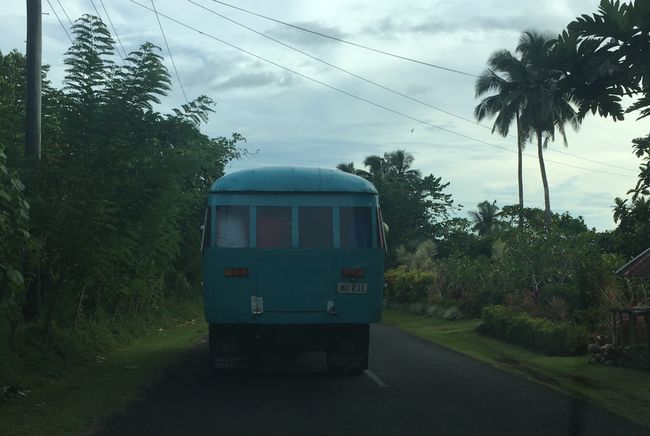
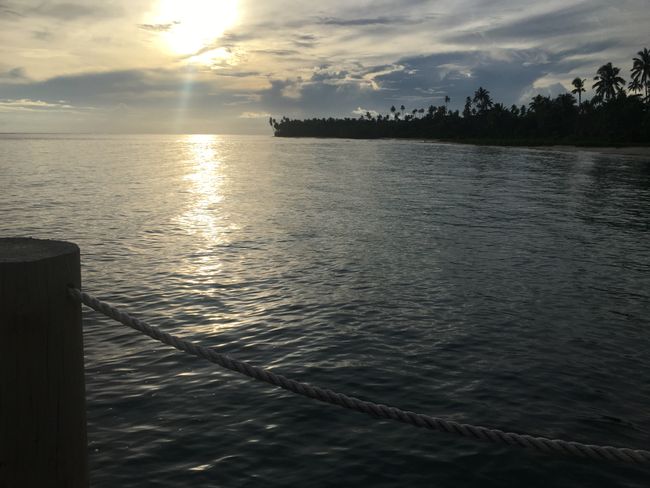
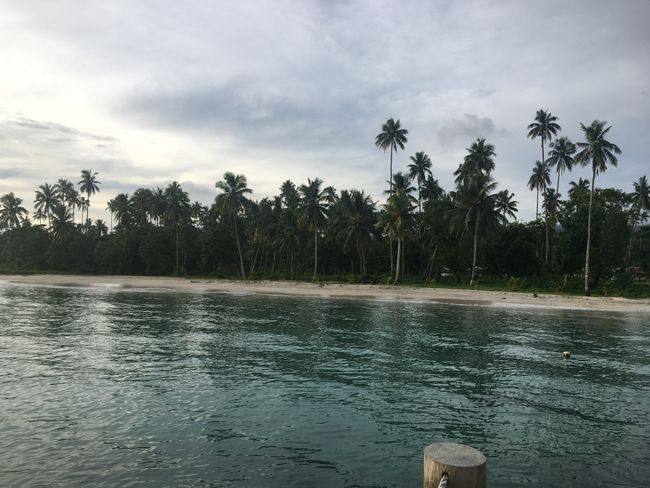
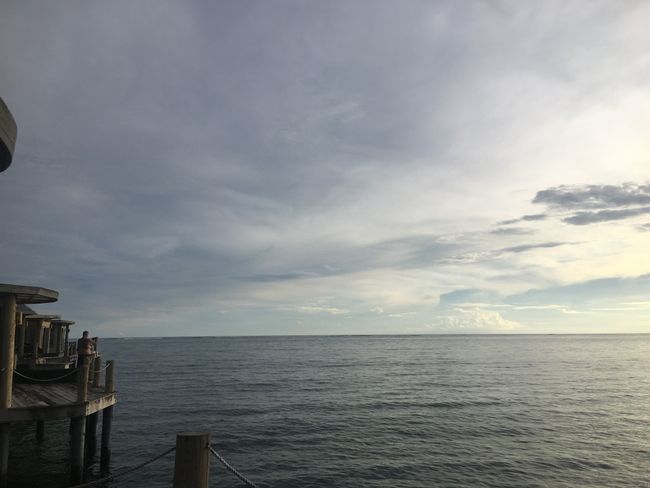
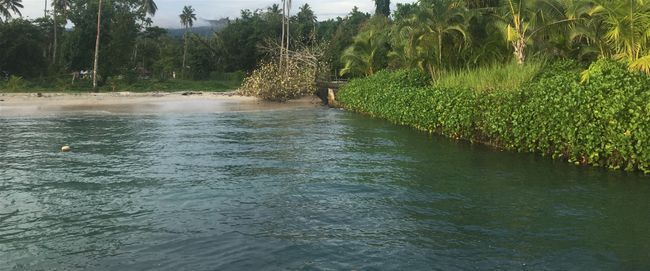
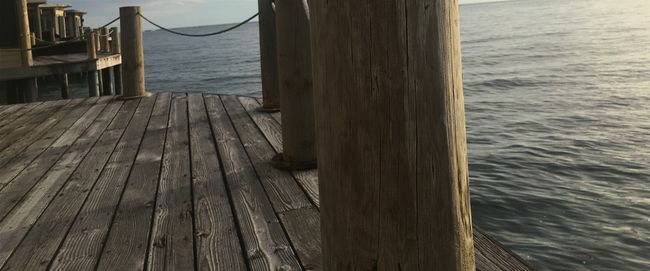
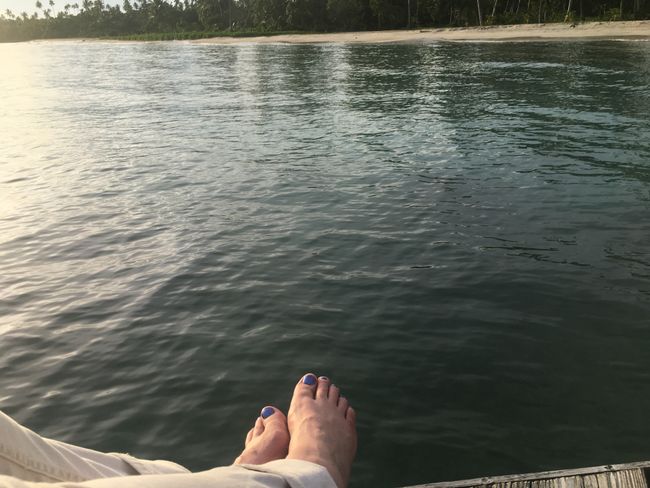
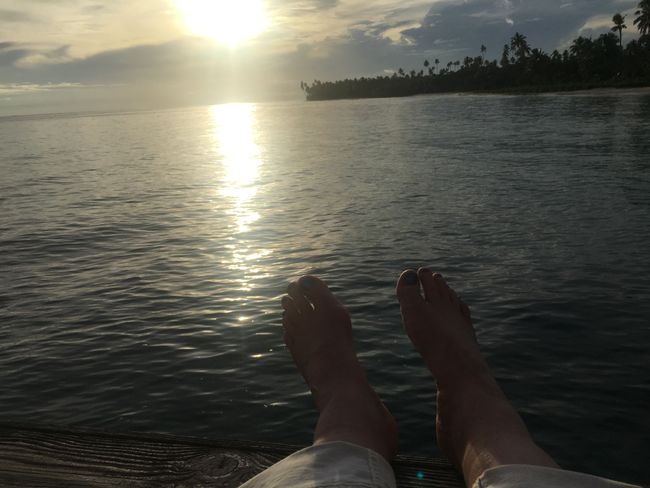
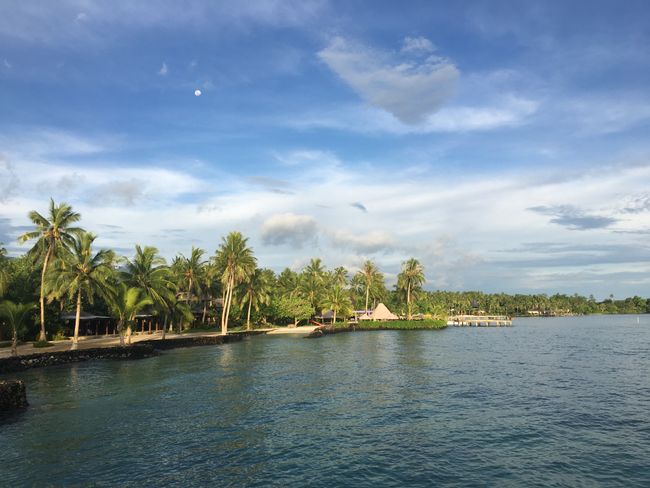
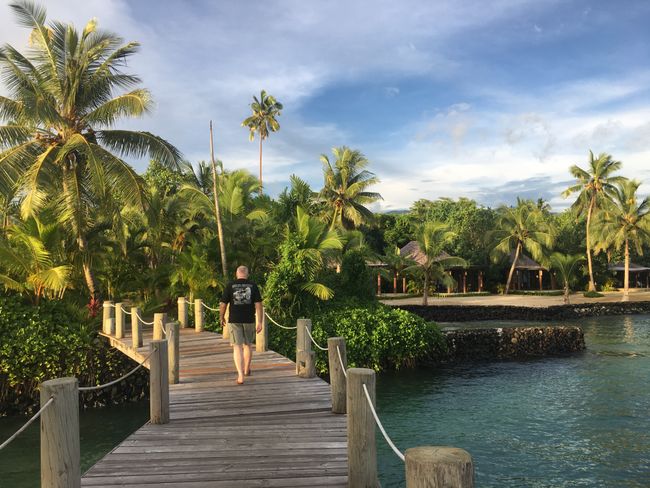
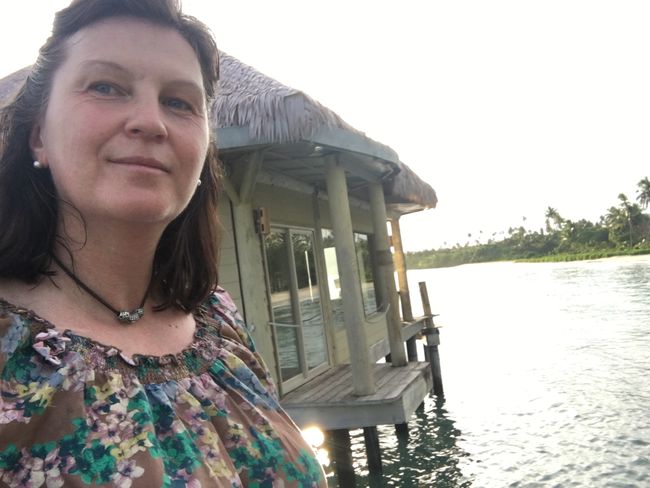
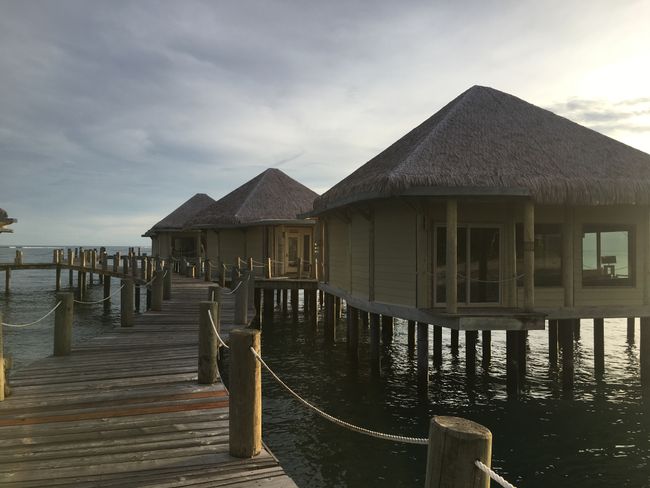
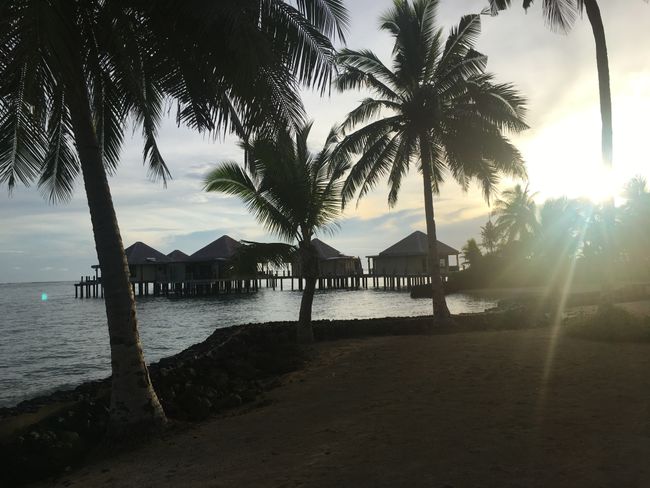
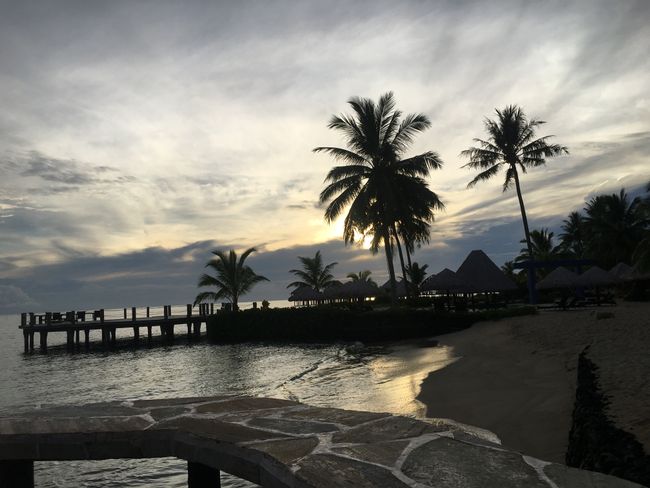
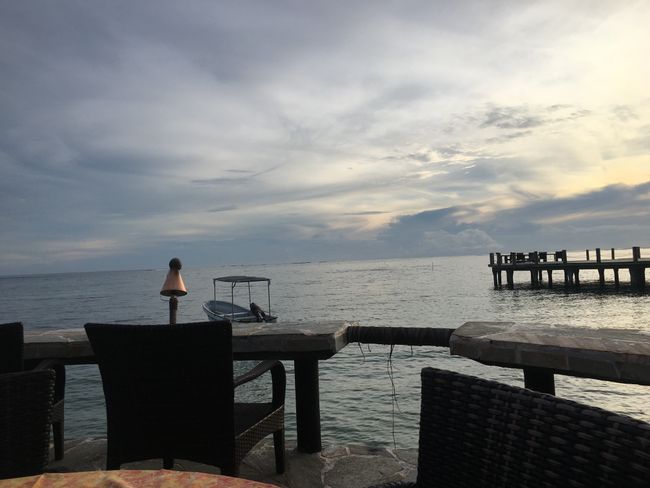
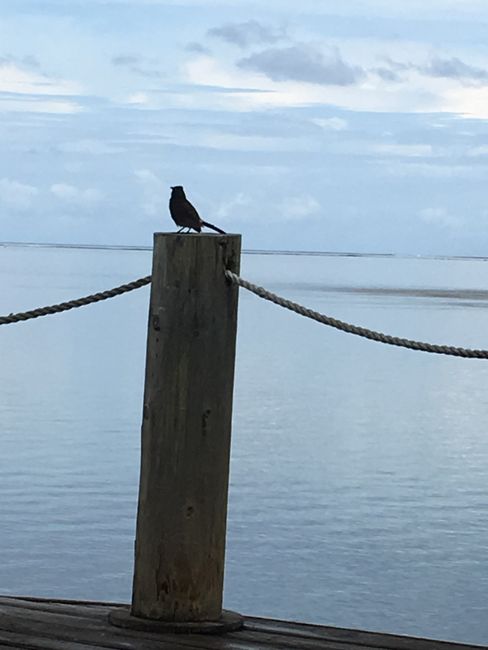
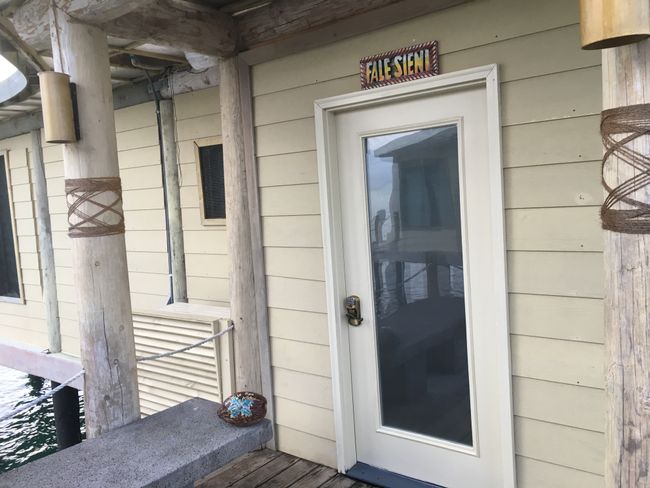
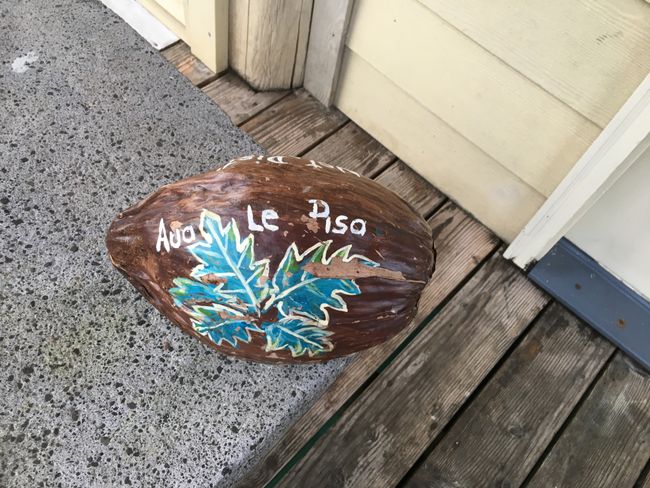
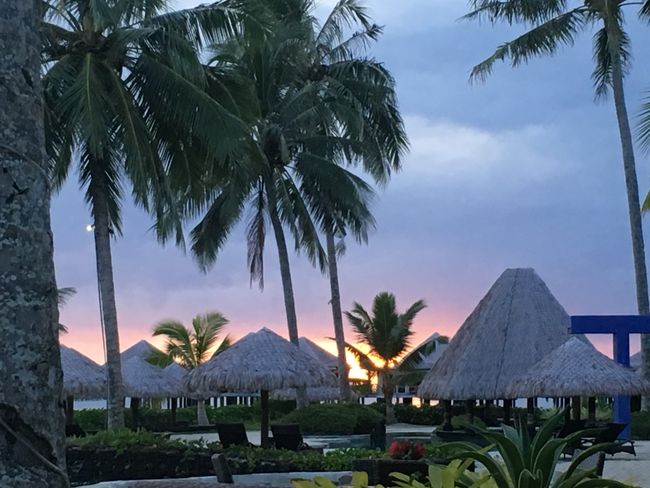
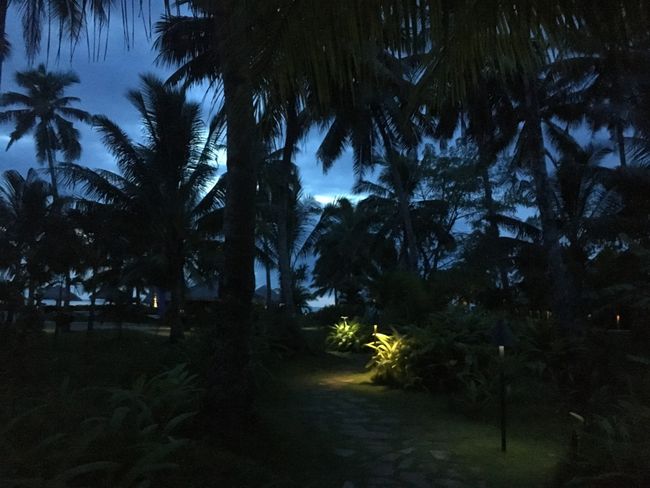
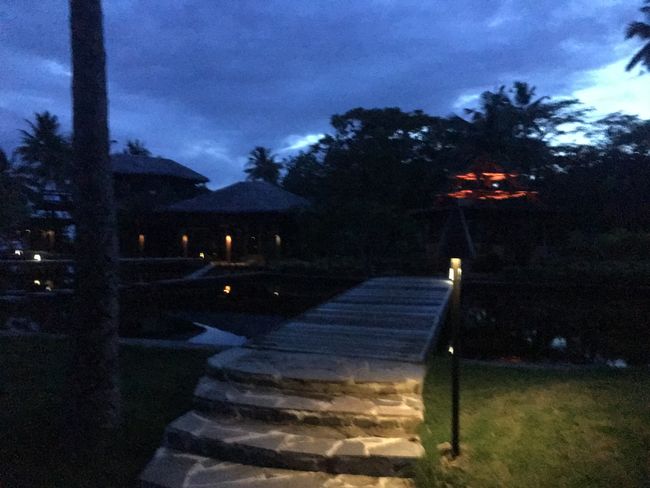
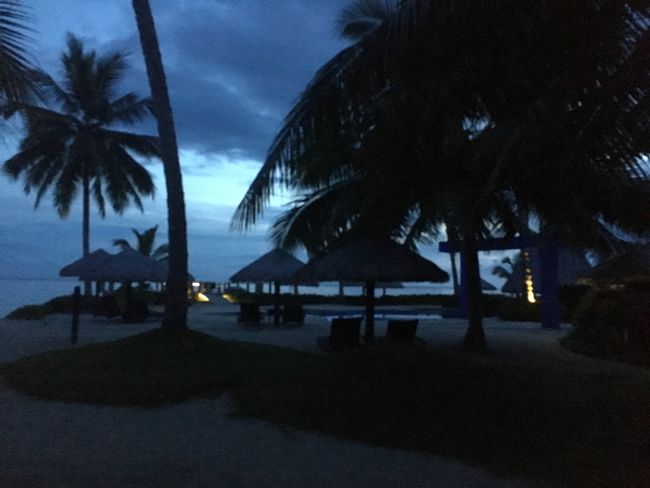
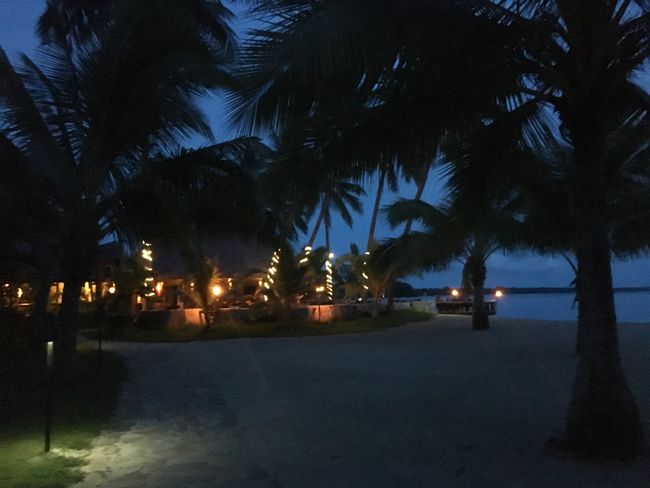
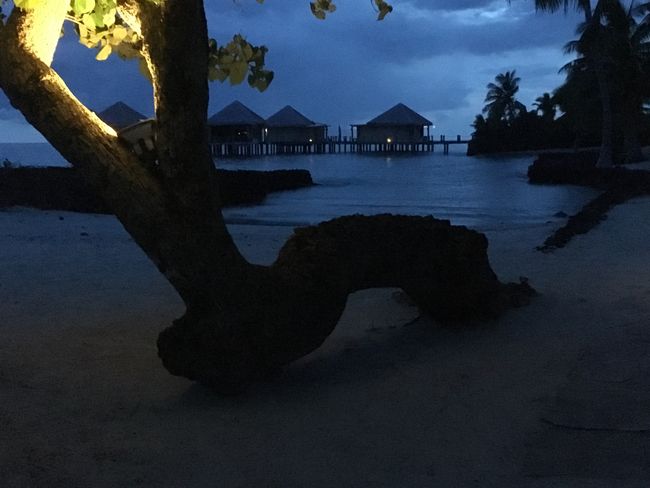
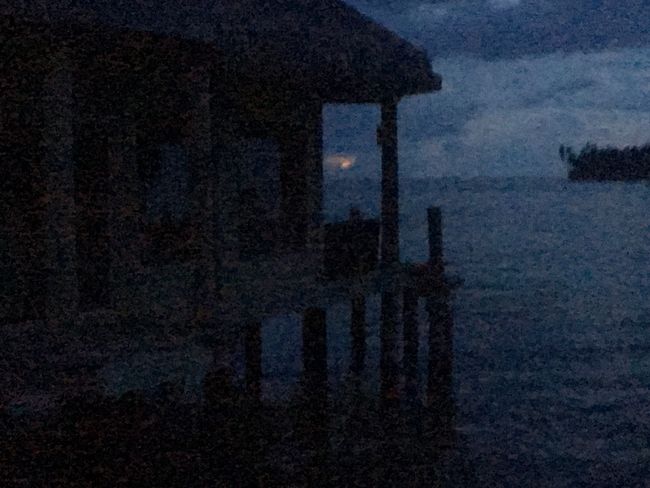
Aw ye aw tɔgɔ sɛbɛn Kibaruyaw la
On Monday in the late afternoon we land in Apia. The airport is relatively new but tiny. There is only one baggage carousel, which is operated by a single, strong-built Samoan. When the trolley is empty, he goes back to the plane to get the next load of suitcases, everything takes a little while. So there is not only Fiji Time, there is also Samoa Time. No one here is in a hurry. The border officials are friendly and all have a smile on their faces. Just outside the exit, the rental car company employee is already waiting for us and takes us to the car, right across the street. Everything is quick and uncomplicated, that's fun!
We now drive into Apia and immediately out again on one of the Cross Island Roads. The road leads from north to south over the mountains to the south coast of the island.
Samoa is a little different from Fiji. The houses are all open, have only pillars, no walls. Curtains are lowered for sleeping, there is hardly any privacy. The whole extended family lives in the houses. Sometimes there are also "real houses", a phenomenon of modern times. The people here bury their deceased on their own property. In Samoa, the community, the family, and the village are the most important things. The individual plays their role to support the community. Many young people today find this pressure too much, many want to leave, emigrate.
People grow what the earth yields: pineapples, bananas, taro, manioc, coconuts, they have chickens, cattle, pigs. Fresh fish and seafood come from the sea and rivers. What they don't need themselves is sold on the roadside or at markets.
The villages all look very well maintained, the lawn is cut, the bushes stand in a row, almost a bit like with us!
After about two hours of driving, we arrive in paradise. I've always dreamed of that: a cottage built on the sea, with its own pier! An over-the-water bungalow. As on Bora Bora, that's where it was invented.
We are staying at Vale Sieni, which would mean House Jennifer in German, named after the founder of the Coconut Beach Club. It has been around for almost 30 years, originally intended as accommodation for surfers and as a private paradise for dropouts. Then little by little it became a small, fine resort, with two water bungalows. Then in 2009 a tsunami came and swept everything away. The entire south-east coast of Upolu suffered heavy damage. But Jennifer and her husband immediately began to clean up and rebuild. Better, nicer, slightly bigger. It is a gem, a real paradise.
From the floor of the bungalow, through embedded glass panes, you can watch the fish in the turquoise blue, clear water. And the turtles, sea turtles, which like to stay in the shallow lagoon!
When we arrive in our paradise, it is already evening, we eat by the water, enjoy another cocktail, and then lie in amazement on the terrace above the water, listen to the sea, and can hardly believe our luck!
Aw ye aw tɔgɔ sɛbɛn Kibaruyaw la
Jaabi
